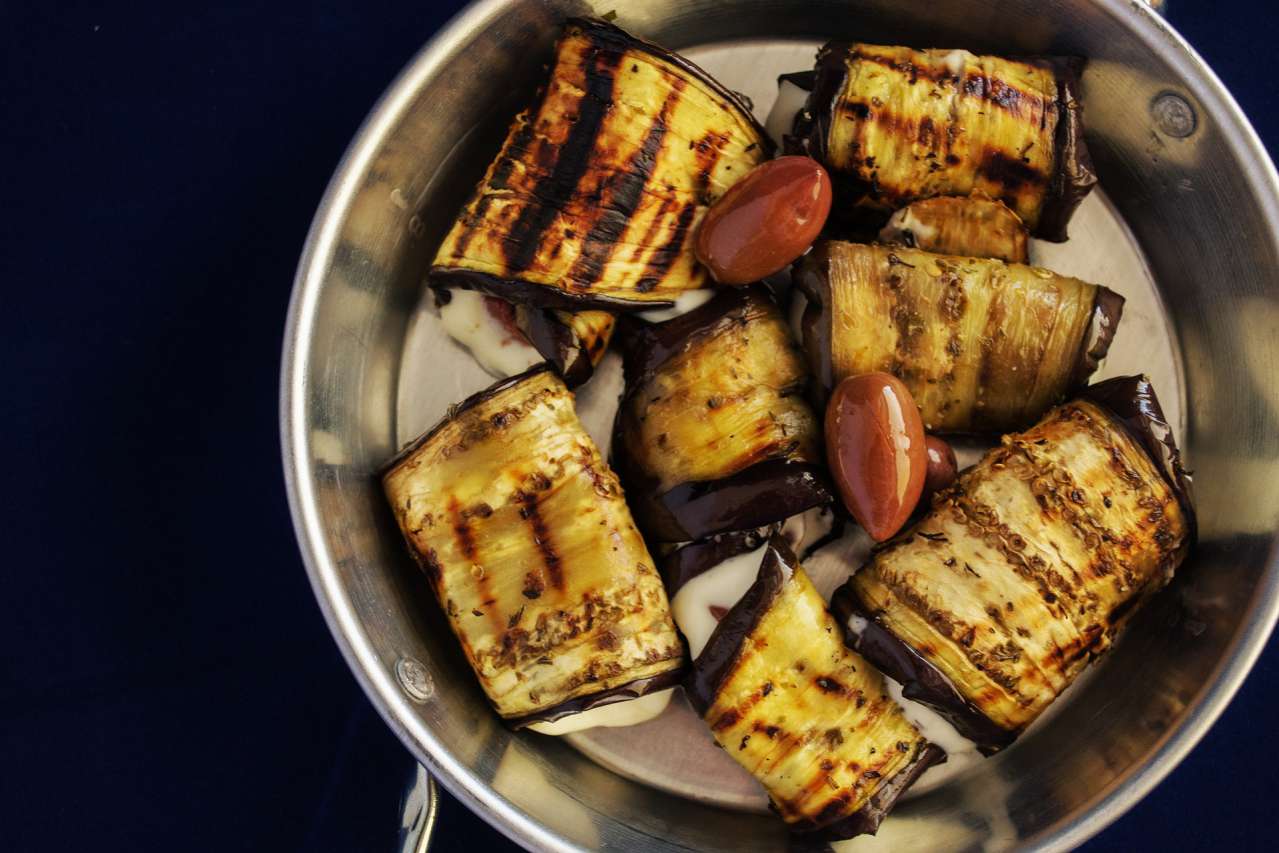Eggplant: All about the Benefits
Eggplant is a low-calorie healthy product, a source of fiber, vitamins B1, B6, and trace elements. 100 g of raw eggplant contains 97% of the daily requirement of silicon.
What is eggplant good for the body
Eggplants are an excellent source of fiber: 100 g of the product contains 3 g of plant fibers. Recall: insoluble fiber is useful for the proper functioning of the gastrointestinal tract, and soluble fiber contributes to the "removal" of low-density lipoproteins ("bad" cholesterol), which reduces the risk of cardiovascular disease.
Eggplant, of course, also contains vitamins, including C and B6, folic acid, carotene, as well as trace elements: potassium, calcium, iron, copper, zinc, etc. The high content of potassium salts in eggplant has a positive effect on heart function and promotes the excretion of fluid from the body.
Is it possible to cook eggplant with a peel
Eggplant tends to accumulate solanine during growth: the older the eggplant, the more poison its skin contains. Too much solanine in eggplant can cause stomach problems and irritation of the esophagus. Therefore, when cooking, it is better to remove the skin.
What is the best way to eat eggplant
Eggplants are boiled, fried, stewed, baked, steamed and grilled, they go well with tomatoes, garlic, cilantro, bell peppers, walnuts. Remember that when frying, they strongly absorb oil, so you can forget about a dietary fried dish.

These substances improve the functioning of the hematopoietic system of the body, strengthen the immune system. It is most preferable if the expectant mother eats baked or stewed eggplants, so they retain a maximum of valuable properties.
Oregano, coriander, dill, parsley, dried tomatoes, basil, paprika, and nutmeg are some of the spice combinations you can try for eggplant.


